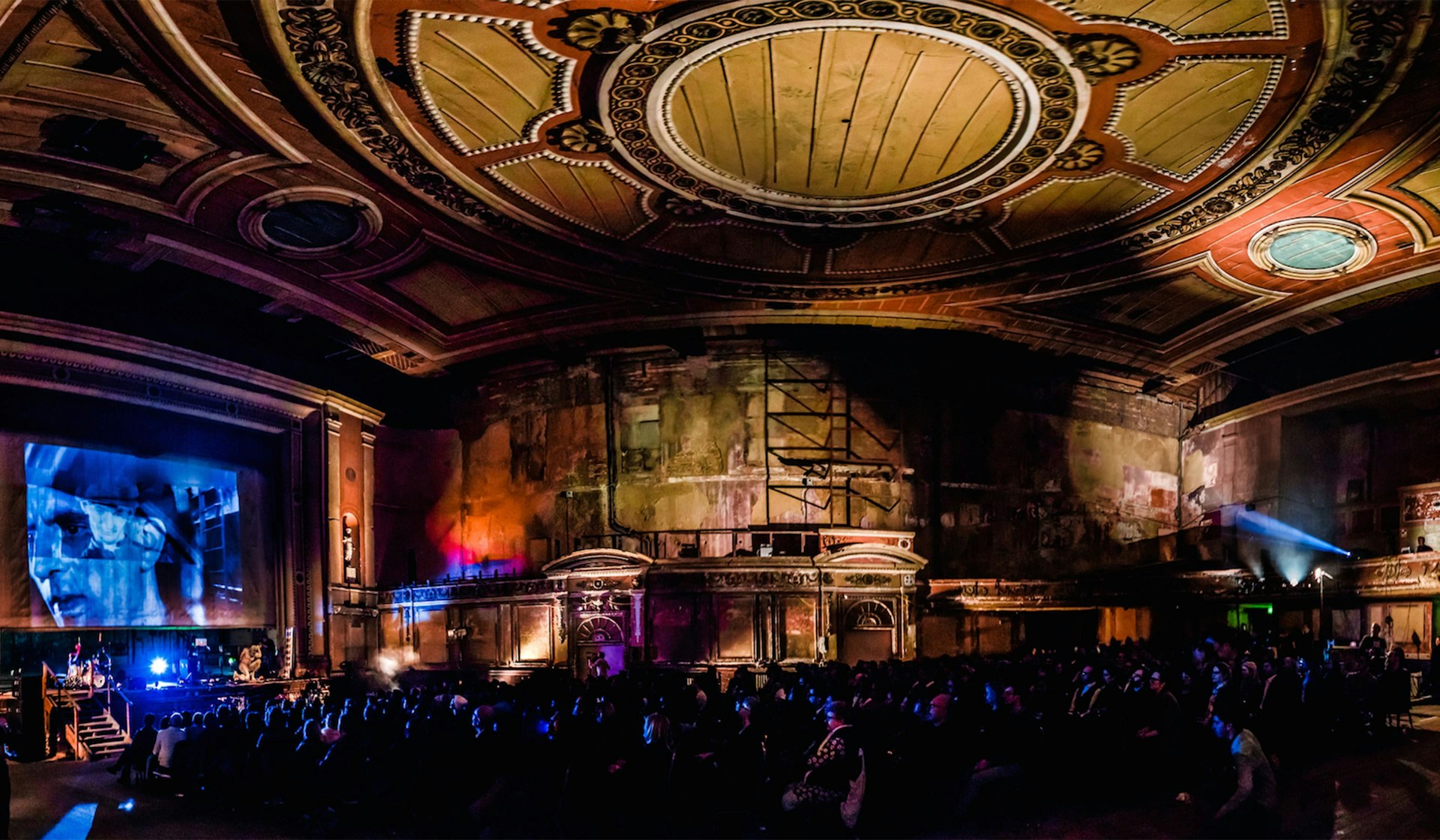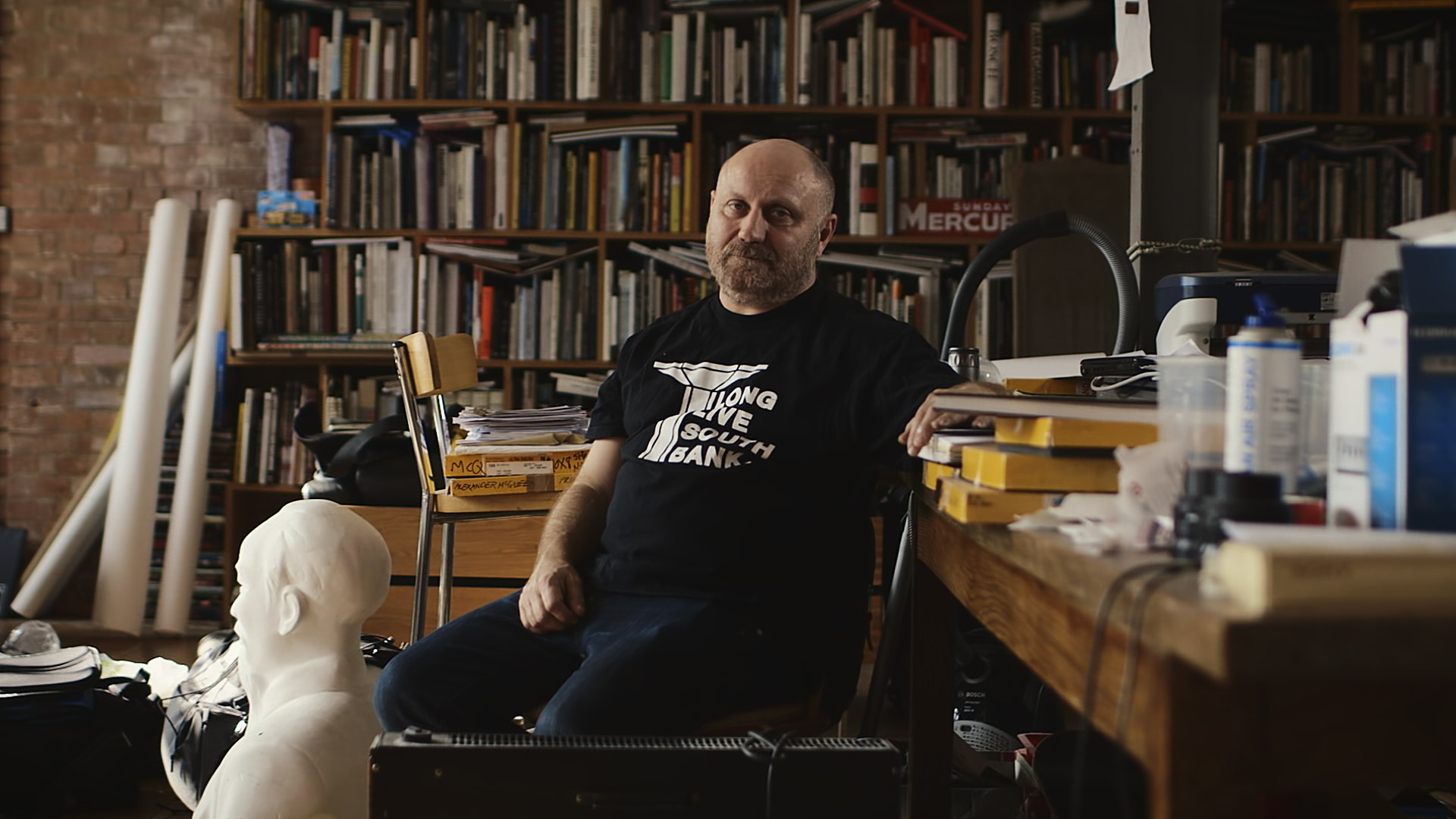
Is Instagram changing how we express our sexuality?
- Text by Alex King
Whispers of the infamous Killing Kittens sex parties have travelled far and wide. Rumours circulate of decadent masked orgies and carnivals of carnal desire where women call the shots. Everybody’s heard of it, everyone know’s somebody who’s been, but no-one admits to seeing it for themselves; thus myths melt with reality.
Only founder Emma Sayle knows the full story. A friend of royal Kate Middleton, the well-connected Sayle created KK a decade ago as a safe space where women run the show and are free to fully explore their sexuality. The secretive nature of the masked balls and exclusive locations, such as country houses and riverside penthouses, have helped news of the parties to spread by word-of-mouth to become a widely-known secret.
Sayle will be sharing lessons from ten years of breaking taboos, powering an emerging female sexual revolution, and dealing with haters, at The Lost Lectures, Thursday and Friday May 14-15 at a secret London location.
The Lost Lectures are like an alternative TED talk: with subcultural icons, sexual pioneers and subversive artists taking the stage in spectacular surroundings off the beaten track. The forthcoming London edition features words and music from grime photographer Ewen Spencer alongside Ruff Sqwad’s Prince Rapid, epidemiologist and author of The Wisdom of Whores, Elizabeth Pisani, comedian Josie Long, the colourful founder of Alternative Miss World, Andrew Logan, and the legendary drug smuggler-turned-comedian Howard Marks.
What made you feel we needed something like KK? What kind of space were you hoping to open up?
I was working in PR with several clients in the adult world and found it very male dominated with guys running it all, claiming to be female friendly but not! It was at the time that Sex and the City came out, Ann Summers hit the high street and this supposed female sexual revolution started, with women being more open about their desires, etc. I wanted to launch something all about women exploring their sexuality without being judged and in a safe, controlled environment where they were very much in control.
Why did you feel it was important to put a celebration of female sexuality at the heart of the event? Are we finally moving towards a greater acceptance of female sexuality?
It was important as there was nothing out there like it, it was all male heavy with it being the men in control. It was important for it to be about what the women wanted, not a about men telling them what they thought they wanted. It’s a lot more open nowadays but still has a long way to go. A guy who sleeps around is seen as a legend whilst a woman is still judged so there’s definitely a big inequality on that front.
What are the most important lessons you’ve learned from your years running KK?
To not read the Daily Mail readers’ comments. That what people I don’t know think of me means nothing. If you believe in something to go for it. I’ve realised that most of the judgement comes from ignorance. The put-downs from people I know actually stems from their own insecurities and jealousy, so I don’t take things personally anymore – tough skin! To not judge anyone. As long as everyone’s being honest and no-one’s getting hurt, then who are you or I to judge what anyone does sexually? On a business front, I’ve learnt to employ people better than me in the areas I’m weakest and not to take people on because I like them.
What are the biggest changes you’ve observed in how people express their sexuality in recent years? What trends do you see driving the evolution of sexuality in the years to come?
Online is the biggest change. Social media, selfies, Instagram and so on, have given women that instant visual platform to post naked pics, etc. That freedom is great on one level but I think it’s created a very insecure culture of needing this external approval or attention, with regards to sexuality, that wasn’t there before.
Online dating sites that cater for specific interests have changed the way people go about expressing their sexuality. They make it easier if you have a certain niche/fetish, etc. to find like-minded people so the platform to express is more open and there’s a wider reach. I’ve seen already a growth back to basics offline: people leaving the online world to find more old school, offline expression. At the same time, there’s a growth of online fantasy expression, turning your fantasy characters into the form of avatars, which allows people to live this sexual double life.
I think women will continue to be more open and more vocal regarding their sexual wants and needs. As they become more financially independent and no longer need to be with a man for support, they don’t need to feel they can’t be open with their sexual desires. They will become increasingly more in control of their sexuality.
The Lost Lectures present Lost on Trial at a secret London location, Thursday and Friday May 14-15. Enter ‘huck’ at checkout to get a 10% discount.
